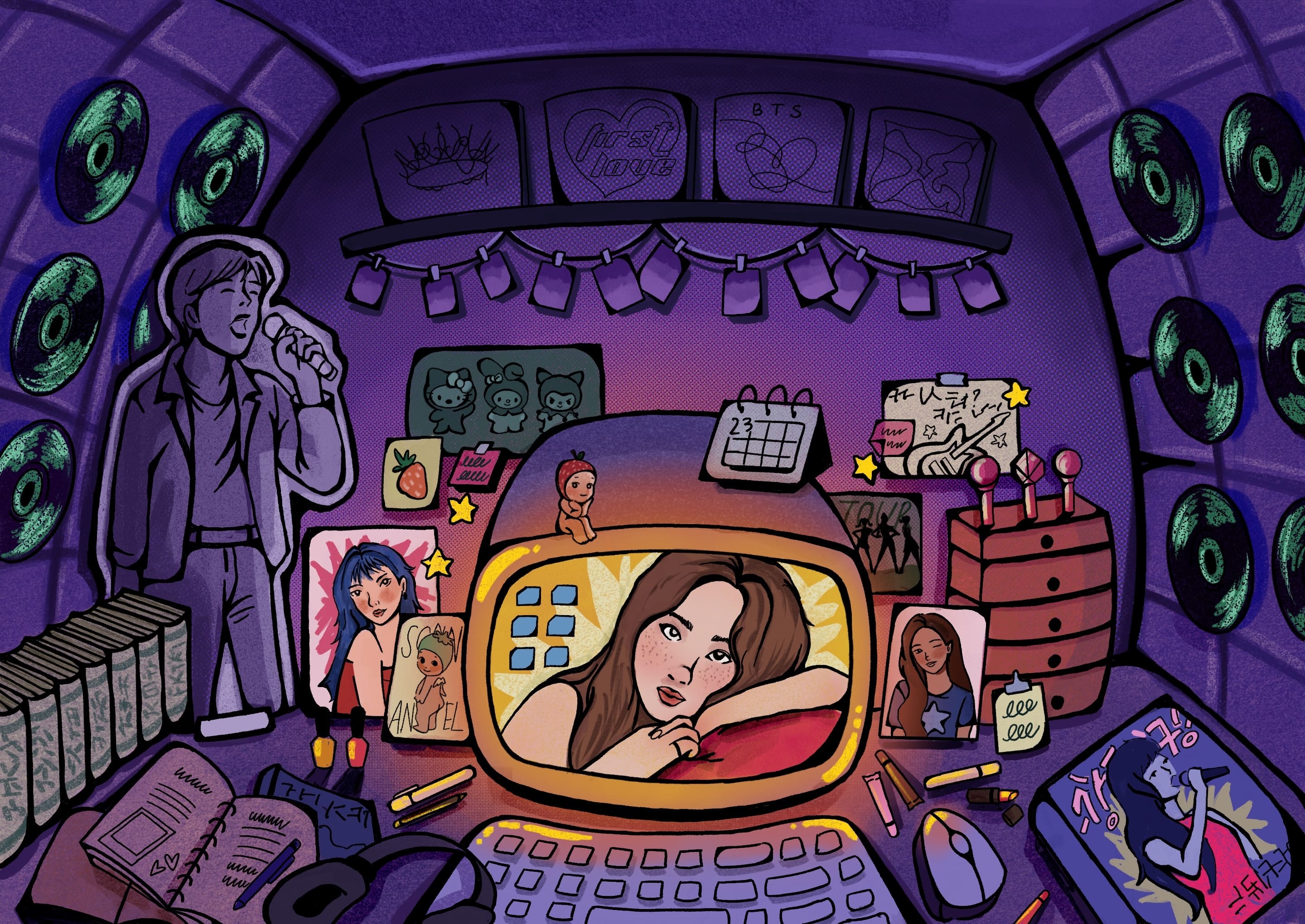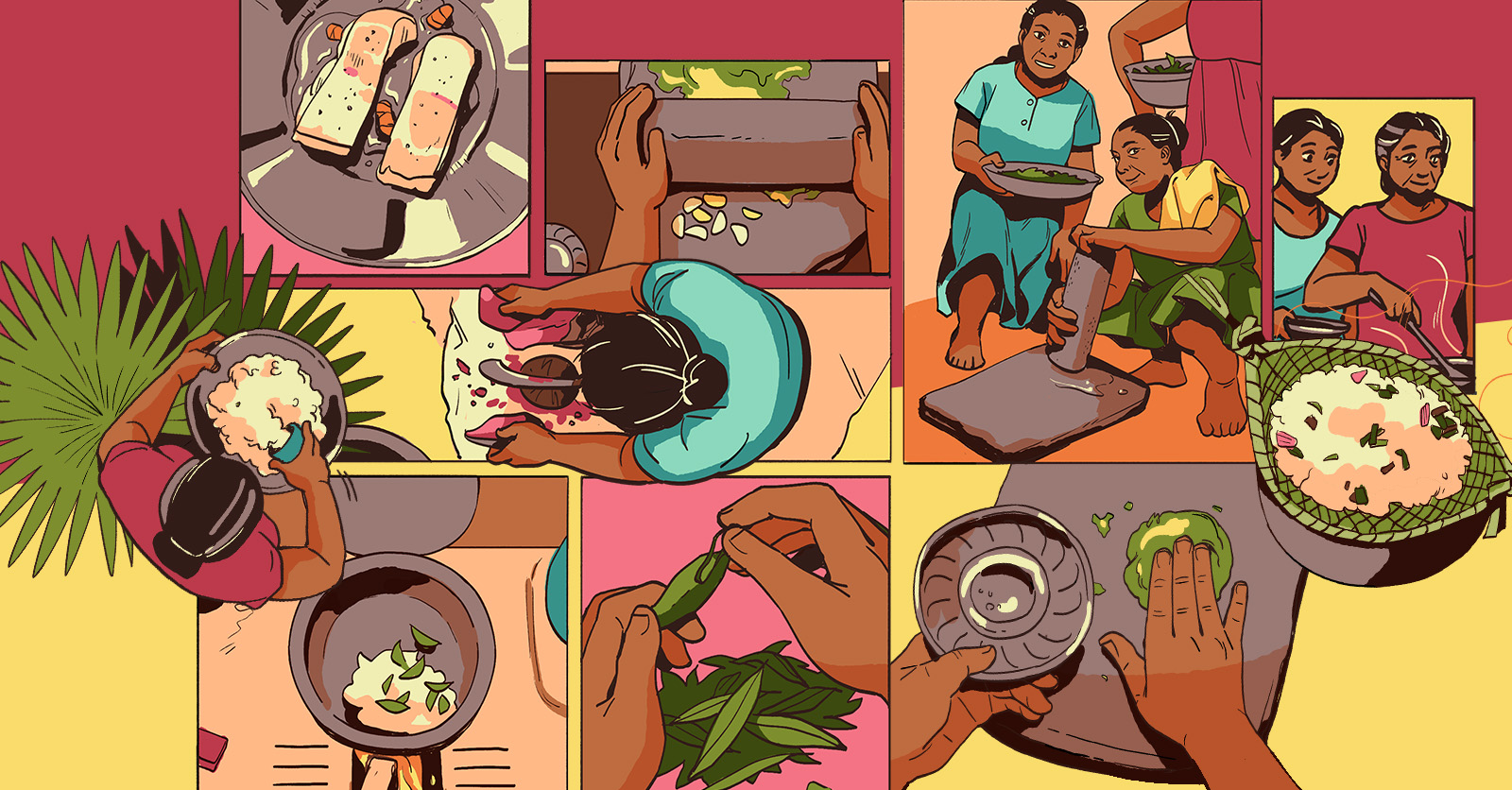
The role of China in gaming industry regulations
by Kathy Xu
The horror game Devotion, released in early 2019 and created by Taiwanese indie game developers Red Candle Games, was a subject of controversy for including a meme that made fun of China’s Xi Jinping as one of the game’s Easter eggs. This led to the game being banned in China and from the global digital game distribution platform, Steam. This was in spite of the reference being removed from an updated version of the game. What does it mean for game developers if games are banned in China? How has China’s role in the gaming industry evolved?
Rising above long-time gaming giants USA, Japan, and the United Kingdom, the growth of China's gaming revenue in the gaming industry has roots dating to 2009. China quickly rose and maintained its position as the biggest game market while Tencent, a Shenzhen-based company, is now the biggest game company in the world.
With an emerging middle class rising in numbers in China, that followed the Chinese economic boom from the early 2000s, the number of internet users in China has also grown. With more consumers having greater spending power and a growing demography of the precious single child who gets everything he or she desires, the number of mobile phone users and mobile gaming also boomed in China. Mobile gaming has been—and will continue to be—the fastest growing mode of gaming in China. In fact, China alone accounted for fifty percent of the global mobile app downloads of 2018 where game apps made up the majority of the numbers. This amounted to a whopping US$101 billion spent by Chinese users alone.
Being a fast growing investment firm, Tencent takes minority stakes in small companies and co-invests with other venture capitalists. Known mostly for having created messaging app, WeChat, Tencent also has a big business stake in the gaming world. Having folded in several video game companies from all over the world including in Singapore, New Zealand, South Korea, and India, it is on a quest to buy over as many of them as possible. Their latest acquisition hope is a bid on the big South Korean gaming company, Nexon.
In late 2017, Tencent became the first Chinese company to pass the US$500 billion valuation mark on the global stock market. Tencent skyrocketed to dominance in the global gaming market as it seized 13 percent of gaming market pie when it bought over Finnish game company, Supercell, in June 2016.
In a bid to ramp up cultural policies controls, the China state government has been tightening its regulations over games and internet use. Since March 2018, the approval process of games entering the China market has faced a major overhaul, with the creation of the General Administration of Press and Publications (GAPP) arm in the State Administration of Radio and Television (SART) within the Chinese government.
It is a requirement that new games get approvals for licenses from GAPP, before they are allowed to be published and distributed in China. Video content is also screened before it is allowed to be released into the Chinese market. This resulted in the biggest freeze in games entering China in the year 2018. There was also a huge backlog of games being approved, which only ended in February 2019.

By December 2018, China had announced the launch of the Online Ethics Review Committee under the State Administration of Press and Publication (SAPP), to review games in China that were in violation of social norms and ethics.The guidelines for new games were released at the end of April 2019. It included regulations against games that have scantily clad female characters, content that violates or undermines China’s constitution, security of the nation, or political outlook; games that promote racism or cults; obscene content explicitly exhibiting drug use, extreme violence with too much blood and gore, or gambling. The committee did define extreme violence as that which includes images of dead bodies and excessive blood, though some games with guns and other weapons will be considered acceptable.
Print media regulations were also in play when the print version of the Kickstarter Call of the Cthulu RPG Sourcebook was abruptly ordered to be destroyed by the Chinese Government in March 2019. This signaled that perhaps beyond games, foreign media reproduction and printing are going to undergo strict Chinese censorship as well.
Chinese authorities are concerned about the impact on mental and physical health that can come with video gaming, citing concerns over myopia problems in children, and addictive behaviour in game users.
When China became the first country to declare internet addiction as a clinical disorder back in 2008, it was the start of growing restrictions and regulations against online gaming. Fearing the social ills of online gaming as negatively influencing the youth of China, Chinese authorities have been attempting to greatly reduce the amount of time and money spent on online gaming through newer and harsher regulations.
In fact, a draft legislation was drawn up in 2017, banning minors under the age of 18 from playing online games between the hours of midnight and 8am. It was however, also seen by some as a bid by the Communist Party of China to have more control over cultural policies. This is not surprising, given that they have been known to ban games that compromise its political integrity.
As a major gaming company that has the largest gaming customer base in China, Tencent bore the brunt of regulations when there was a backlog of games being approved. The company's net profits for the last three months of 2018 fell 32 percent as compared to 2017. The biggest blow was that their major global titles—Fortnite and Player Unknown's Battleground—have still not been approved and allowed into the Chinese market. Both games fall under the shooter genre of games, the biggest and most popular genre, which involves elements of violence, shooting, survival exploration and scavenging. As of January 2019, there has been a backlog of 7,000 games yet to be approved for release in China.
Korea has the fifth largest game industry in the world after USA, China, Japan, and the United Kingdom. The South Korean government has also been regulating online games with the 2011 Online Game Shutdown Policy, where youths under the age of 15 were banned from online gaming between the hours of midnight to 6 a.m. This was also done in order to curb internet addiction problems.
However, a paper revealed that the policy had little to no effect on the number of hours adolescents spent on the internet and was not an effective strategy to curb Internet addiction. With more regulations, people in Korea have begun developing negative opinions of the gaming industry and do not regard it as a form of art.
Conversely, in Japan, video games are rarely banned. The game Fallout 3 was the only exception, when sensitive content (harkening back to the Hiroshima atomic bombing) had to be edited for the Japanese version.
But both Japan and South Korea have also recently started passing laws to further regulate the game industry as they also see gaming as harmful and addictive.
Taiwan, Japan, and South Korea have been known to be the most advanced gaming markets in Asia in terms of game development and publishing. Some of the best companies like NCSoft and Gravity were birthed in South Korea, while there have been rumours since early 2019 that its biggest video game company, Nexon, may sell its controlling stake to Tencent.
In Taiwan, indie game development companies have been on the rise as events such as The Taipei Game Developers' Forum (TGDF) have grown in popularity over the recent years. Indie game developers and publishers struggle with finding the fine balance between staying original and being creative, while finding angles to break into the lucrative Chinese market.
In the case of the Devotion faux pas, in which cultural sensitivities were ignored, indie game company, Red Candles Game suffered massive backlash when major game digital distribution platform, Steam, removed the game from the platform. There is no sign of it possibly returning to the store ever again.
With new games currently taking an average of two to three months to gain approval for entry into China, there could be a possible product shortage of games during the peak seasons. This could disrupt the gaming industry in terms of potential growth in the massive China market.
And with China being the largest global consumer of games, game publishers in the future will need to change the way games are presented to consumers. More importantly, they will have to try to play by China's rules in order not to lose their share of the profits pie. Smaller online game developing studios like Elevation Point Entertainment (China), will feel the squeeze to a greater extent as the regulation process continues to be all but transparent.
As China progresses towards a full scale social credit system aimed at encouraging good behaviours at a young age, the youths are the main target. In fact, those in China who had downloaded the game Devotion received a 400 point decrease on their social credit counter and experienced slower internet connections as a resulting punishment. Limiting game play time in order to shape model behaviour is one way China is working on moulding the young positively. Going forward, games that incorporate positive behavioural choices, or that are tailored for the Chinese market, the way the China-centric game Total War: Three Kingdoms by UK game developers Creative Assembly has cleverly done in order to capture a huge Chinese market, might be the wiser and quicker way to circumvent and succeed in the Chinese market.








